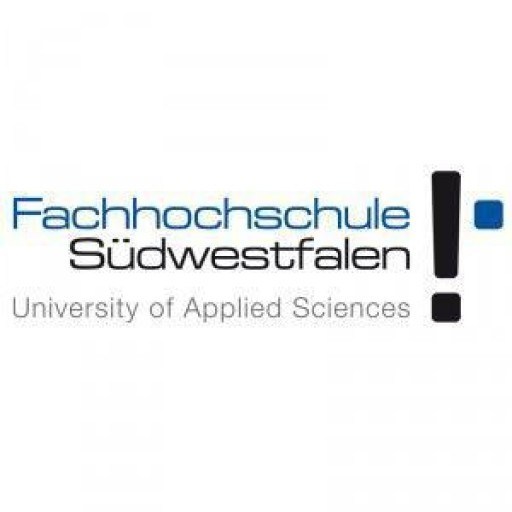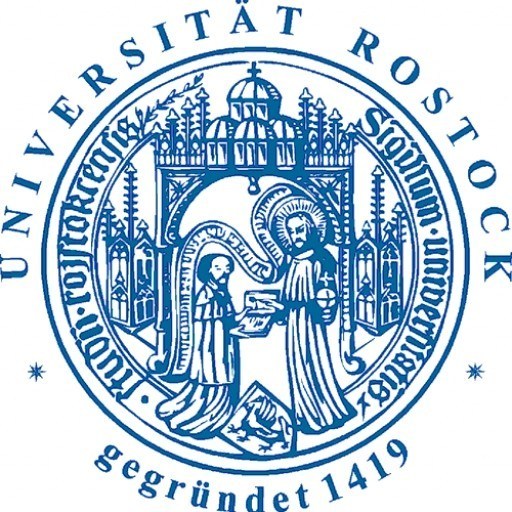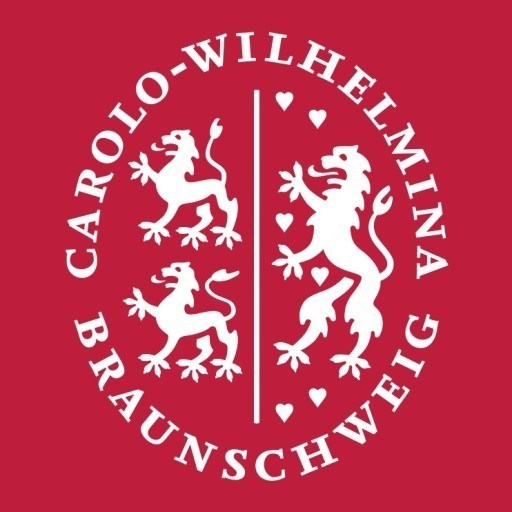Photos of university / #fhsuedwestfalen
The central aims for the course "Systems Engineering and Engineering Management" arise out of the changed catalogue of requirements in the area of engineering. Changing working procedures and rationalised processes force engineers to be more and more involved with organisational duties. Key qualifications like team and group work, project organisation, communication and presentation thus become steadily more important as parallel skills and activities alongside the classical technical spectrum of requirements. These requirements can be conveyed by combining the fields of engineering, management, and economics.
The course offers three different pathways: Electronics, Mechanical, and Mechatronic Systems. Students taking the Electronics pathway will take two electronic modules. Likewise students taking the Mechanical pathway will take two mechanical modules. Students taking the Mechatronics pathway will take one mechanical and one electronic module.
The final project module will be related to the pathway subject.
The course structure has four subject-based components. These are:
Only the engineering subject discipline differentiates the taught elements of the course, the other components are common to all pathways. The engineering discipline bears the pathway name.
The programme structure reflects the common generic systems approach to engineering and management. The course treats the systems approach to engineering as generic; this is reflected in the two systems modules: Intelligent Systems and Advanced Control Technology. Engineering management is addressed by four modules: Business in Engineering, Technical Publications and Presentations, Project Management and Integrated Management. Two engineering subject-specific modules define the pathway and focus on the application of the generic system engineering methods in specific application areas. The two electronics modules are Microprocessor based systems and Signal Processing. The two mechanical modules are Monitoring of Mechanical Systems and Advanced Production Engineering. A project module integrates the taught elements of the course. The project can be based on either the engineering pathway or engineering management.
The course offers three different pathways: Electronics, Mechanical, and Mechatronic Systems. Students taking the Electronics pathway will take two electronic modules. Likewise students taking the Mechanical pathway will take two mechanical modules. Students taking the Mechatronics pathway will take one mechanical and one electronic module.
The final project module will be related to the pathway subject.
The course structure has four subject-based components. These are:
- Systems engineering
- Management systems
- An engineering subject discipline
- A project based on the pathway
Only the engineering subject discipline differentiates the taught elements of the course, the other components are common to all pathways. The engineering discipline bears the pathway name.
The programme structure reflects the common generic systems approach to engineering and management. The course treats the systems approach to engineering as generic; this is reflected in the two systems modules: Intelligent Systems and Advanced Control Technology. Engineering management is addressed by four modules: Business in Engineering, Technical Publications and Presentations, Project Management and Integrated Management. Two engineering subject-specific modules define the pathway and focus on the application of the generic system engineering methods in specific application areas. The two electronics modules are Microprocessor based systems and Signal Processing. The two mechanical modules are Monitoring of Mechanical Systems and Advanced Production Engineering. A project module integrates the taught elements of the course. The project can be based on either the engineering pathway or engineering management.
Educational organisation
The course Systems Engineering and Engineering Management (MSc) has three pathways. These are Electronics, Mechanical, and Mechatronics. Students taking the Electronics pathway will take two electronic modules. Likewise students taking the Mechanical pathway will take two mechanical modules. Students taking the Mechatronics pathway will take one mechanical and one electronic module.The teaching strategy for this course is aimed at producing graduates who can be readily employed in engineering-based industrial or research organisations and who have all the skills necessary to succeed. The course is targeted at high calibre students wishing to study in the disciplines of the course and as such it is not suitable for students who merely wish to acquire further knowledge without the application of that knowledge in any meaningful sense. In short, although the course is in many ways generic, it is vocational in terms of systems engineering and engineering management.
Emphasis is placed on imparting the understanding of the subject including essential facts, concepts and principles underlying the subject. This should leave the student with an ability to critically evaluate, design and apply technologies in a systematic manner to engineering and management issues.
For this reason, there are no traditional lectures of the type which merely impart straightforward information. This is too passive a mode of education for students of the 21st century. However, there is still a strong place for the exposition and clarification of themes and difficulties in a lecture-type situation. The acquisition of straightforward knowledge is facilitated by provision of learning material (e.g. via electronic media) and by assigned or recommended reading. The onus for its assimilation is on the students themselves.
One major component of the concept of the course is to enhance the students' research competence. The large amount of coursework assessment in the course demands self-directed studies. Although this coursework is based on the lectures and supervised by tutors, the students are challenged to develop their own solutions by using additional resources. This basis established during the first two semesters is extended further in the final projects.
Study abroad unit(s)
The course offers a dual award option in cooperation with the University of Bolton (UK). Students who decide on the double degree will spend the second semester at the University of Bolton in the UK.Internships
NoneForms of assessment
The overall concept is supported by the following assessment methods in addition to traditional examinations:Seminar presentations based on group work with informal discussions and activity-based assignments: these activities are designed to develop students' subject-specific practical and professional skills and their key transferable skills, i.e., their ability to work as part of a development team, communicate effectively, and manage and organise tasks within a team.
Practical work including laboratory sessions, case studies, practical assignments, and the final project: these activities help to develop cognitive subject skills and subject-specific practical skills as the effective deployment of methods and tools used in the design, implementation and evaluation of systems.
Course objectives
The course is intended to provide systematic understanding of knowledge in engineering, and a critical awareness of current problems and new insights, much of which is at the forefront of the academic discipline, field of study, and area of professional practice.Therefore a comprehensive understanding of techniques applicable to research and scientific working is required. The students will gain experience in originality in the application of knowledge, together with a practical understanding of how established techniques of research and enquiry are used to create and interpret knowledge in the focused discipline.
The students will gain conceptual understanding which enables critical evaluation of current research and advanced scholarship in the discipline. They will be able to evaluate methodologies and develop critiques of them and, where appropriate, to propose new hypotheses.
The graduates will be able to deal with complex issues both systematically and creatively, make sound judgements in the absence of complete data, and communicate their conclusions clearly to specialist and non-specialist audiences. They will demonstrate self-direction and originality in tackling and solving problems, and act autonomously in planning and implementing tasks at a professional or equivalent level.
It is an inherent aim of the scientific aspects of the course that graduates will continue to advance their knowledge and understanding, and to develop new skills to a high level. They will have the qualities and transferable skills necessary for employment demands, these being the exercise of initiative and personal responsibility, decision-making in complex and unpredictable situations, and the independent learning ability required for continuing professional development.
Language requirements
Applicants must provide proof of their English skills:TOEFL 575 (paper-based), 232 (computer-based), 90 (internet-based)
IELTS 6.5
Academic requirements
University diploma/Bachelor's degree certificate indicating the final grade, all university end of year exam certificates with individual gradesAll certificates must be accompanied by an explanation of the grading system. Copies must be officially authenticated.










